Syracuse Misdemeanor Defense Lawyers
Representing Clients Accused of Lesser Criminal Offenses
Being charged with a misdemeanor crime can be scary, leaving you concerned about its potential impact on your life and future. While misdemeanor charges may not carry the same weight as felonies, they can still result in serious, long-term consequences. A conviction might jeopardize your current employment or limit future career opportunities, making it harder to achieve your professional goals.
Additionally, such charges can tarnish your personal reputation, affecting how others perceive you in your community and social circles. The ripple effects can also extend to your family, creating emotional and financial challenges that are difficult to overcome. Understanding the implications of a misdemeanor charge is the first step toward protecting your future. By addressing the issue proactively, you can work toward minimizing the impact on your personal and professional life. Take action to protect your future.
Contact our team today for a consultation, and let us help you build a strong defense and navigate your legal options with confidence.
Common Misdemeanor Offenses
Some of the more common criminal offenses that are classified as misdemeanor crimes include:
- Driving on a suspended license
- Having alcohol in an open container on a public street
- Certain types of drug possession charges
- Harassment
- Driving under the influence of drugs or alcohol (first offense)
- Petit theft of property valued at under $1,000
The attorneys of Passalacqua & Associates, LLC are proud to serve the people of Syracuse, NY, and Onondaga County. We recognize the fact that there may be times that good people make poor choices and end up in trouble, and need legal representation. Our ultimate goal is to either have our clients’ charges dismissed or reduced to a charge that will be more manageable. We are committed to providing you with an aggressive criminal defense in order to help you avoid potential jail time and a conviction.
How Are Misdemeanors Classified in New York?
Misdemeanor crimes are classed into three separate categories and are as follows:
Class A misdemeanor:
Often, misdemeanor charges of this type may be punishable by up to a year in the county jail along with a fine of up to $1,000. However, it is common for first-time offenders to receive up to three years of probation or community service. Crimes under this classification can include petit larceny, criminal possession of controlled substances, aggravated harassment in the second degree, and resisting arrest.
Class B misdemeanor:
Criminal offenses that fall into this classification have penalties that can range from up to 90 days of jail time, fines, and potentially community service. Crimes include public lewdness, prostitution, or issuing a bad check.
Unclassified misdemeanor:
If convicted of driving while under the influence of drugs or alcohol, a first conviction could include a fine of $500 to 1000. In addition, to a year of jail time. Other traffic and driving violations fall under the guidelines of an unclassified misdemeanor.
New York Probation Terms
If the judge believes that jail time is not appropriate for your case and that the public is not in any danger, you may be sentenced to probation. The laws of New York define terms of probation in the following:
- For criminal offenses that have been charged as Class A misdemeanors, the typical term of probation is two to three years. The same amount of probation time generally applies to unclassified misdemeanors with an authorized sentence of more than three months.
- If your crime was a Class A misdemeanor sexual assault, the term of probation is customarily six years.
- For other unclassified misdemeanors, along with most Class B misdemeanors, the standard probation term is normally one year.
Is There a Statute of Limitations on Misdemeanor Charges in New York?
The statute of limitations is a law that requires criminal charges to be filed within a certain time limit. This prohibits prosecutors from charging an individual with a criminal offense years after a crime has been committed. The objective of the statute of limitations is to ensure that potential convictions are based on reliable evidence.
In New York, the statute of limitations states that misdemeanor charges must be filed within two years of the date that the crime occurred. This is true for most misdemeanors. However, for petty offenses, the statute of limitations specifies that charges must be filed within one year of the date of the offense.
After a certain amount of time has passed, witnesses’ memories may start to fade, and key evidence could be lost, which could ultimately result in a wrongful conviction.
Should I Speak To The Police Without an Attorney Present?
If you are arrested and told you are being charged with a misdemeanor, law enforcement is obligated to read you your Miranda Rights. Miranda Rights advise you that you have the right to remain silent and not speak with the police until your attorney is present. As a person who is being charged with a crime and under arrest, you should never speak to law enforcement without legal counsel present.
However, if the police persist in attempting to ask you questions, you may respond politely by telling them that you are exercising your right to remain silent until your attorney can be present.
If law enforcement officers come to your home or place of business, politely refrain from answering any of their questions. It is not lawful to lie to the police. However, you may always exercise your right to remain silent.
It cannot be stressed enough how vital it is that you do not speak with the police or a prosecutor before consulting with your attorney. Any information that you give could be misinterpreted or used against you in court proceedings. This could potentially hinder your criminal defense attorney’s efforts to successfully defend your case. It is always best to have competent legal advice when speaking with members of law enforcement.
Unfortunately, too many of our past clients have made the mistake of speaking with the police without having the advice of an attorney. Subsequently, successfully resolving their case became more difficult than necessary.
Why Do I Need to Hire a Criminal Defense Attorney to Handle My Misdemeanor Case?
The criminal justice process can be overly complex and overwhelming if trying to navigate it on your own. Even though misdemeanors are not as serious as felonies, the criminal charges and subsequent conviction can stay on your record forever.
The criminal defense attorneys of Passalacqua & Associates, LLC, are focused on our clients being able to avoid court and potential jail time. We are also committed to examining every aspect of your case, including your criminal charges, the strength or weakness of the evidence, and witness testimony. After analyzing all of the information, we will work on a defense strategy that will build a strong defense for you.
When speaking with a defense attorney, it is critical that you be completely honest. A good attorney can only build a defense for a case based on the information that you divulge to them and what they can ascertain through police and court records. A positive attorney-client relationship is based on mutual trust and is in your best interests.
Even in seemingly minor misdemeanor cases, time is of the essence. The sooner we can review your case, the sooner we can begin to plan a solid defense on your behalf.
Contact the law offices of Passalacqua & Associates, LLC by calling (315) 500-6425 to schedule a free strategy session as soon as possible if you have been charged with a misdemeanor.

 CALL US NOW
CALL US NOW EMAIL US NOW
EMAIL US NOW



 315-500-6425
315-500-6425
 officeadmin@cnytriallaw.com
officeadmin@cnytriallaw.com




